RECYCLED GOLD
Recycled Gold Jewelry: A Sustainable Choice for a Better Future
Gold is among the most expensive substances in the world. At the same time, mining this metal is one of the most destructive processes on Earth for the environment and human health.
Nowadays, companies refuse to mine the precious metal to conserve natural resources, avoid harming the ecosystem and preserve their reputations.
Is it ethical to use precious metals?
Gold is mined in 60 countries and employs, according to various sources, 10 to 15 million people. It is quite a dirty business, in many ways. Mercury and cyanide are used in mining the precious metal, and working conditions are dangerous. Besides the harm to human health, the nature is also harmed: hectares of forest are devastated and water resources are polluted. Only 9% of the mined gold goes to electronics or medicine, the rest is used in jewelry and financial sector.
“Dreaming of him putting a ring on your finger? Mining enough gold to produce just one ring produces 18 tons of toxic waste,” environmental activists warned. According to them, humanity awaits the fate of King Midas.
Metal mining destroys landscapes and produces huge amounts of toxic waste. It is impossible without the use of heavy machinery that leaves a carbon footprint. Environmentalists claim that for every 10 gram ring there is about 20 tons of toxic waste, including cyanide and heavy metals. Many gold mines dump this waste directly into natural water bodies.
Construction of metal mines is accompanied by deforestation. In addition, mercury is often used to extract gold from rocks and sediments. This pollutes the environment and can be harmful to the health of the miner.
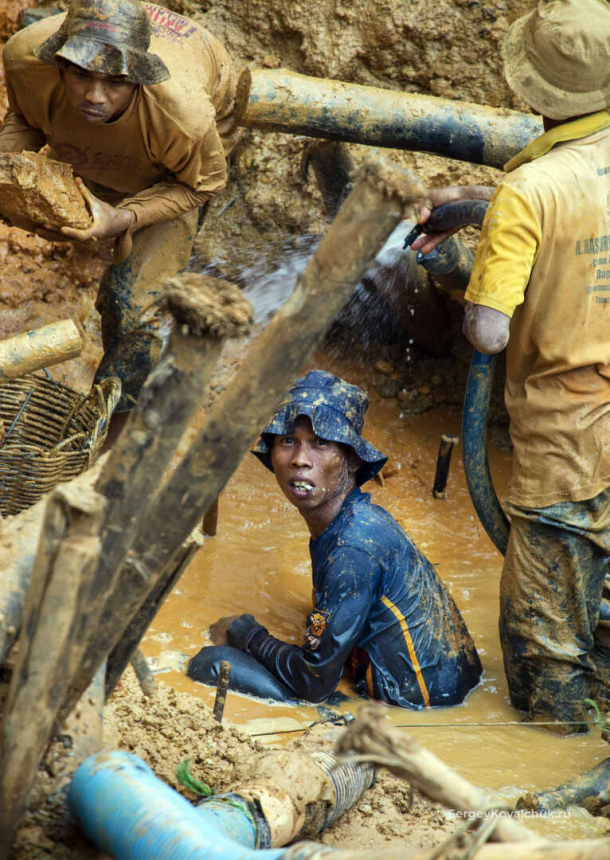
Consequences of Mining
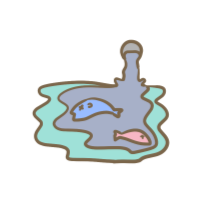
Water Pollution

Air Pollution

Deforestation
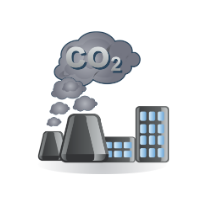
Carbon Outprint
Metal mining, and gold mining in particular, is one of the most environmentally destructive types of mining with 20 tons of ore required to produce enough gold for a single ring.
So what is the solution?
Unique design opportunities
The solution is to use recycled gold and silver. Noble metals are recovered from industrial waste and end-of-life electronic devices. All scrap metal left over from jewelry creation is collected for recycling.
Jewelry made from recycled gold and silver is no different in appearance. They are just as attractive, durable, and low-maintenance. Recycled metals are used by Luna & Rose, Pandora and other eco-friendlier companies.
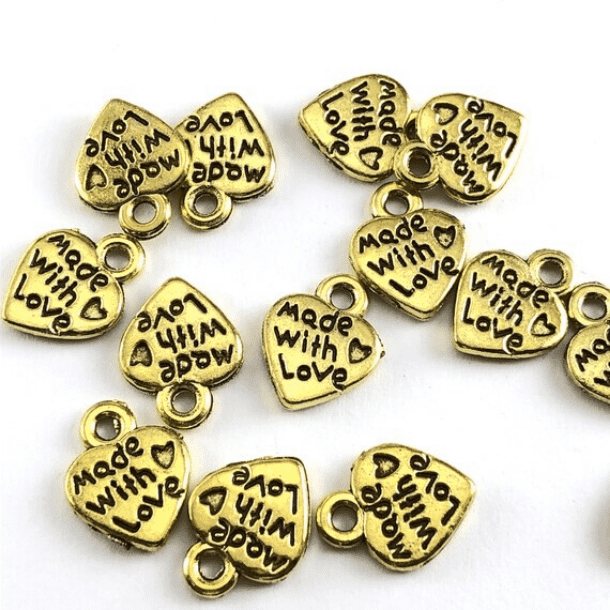
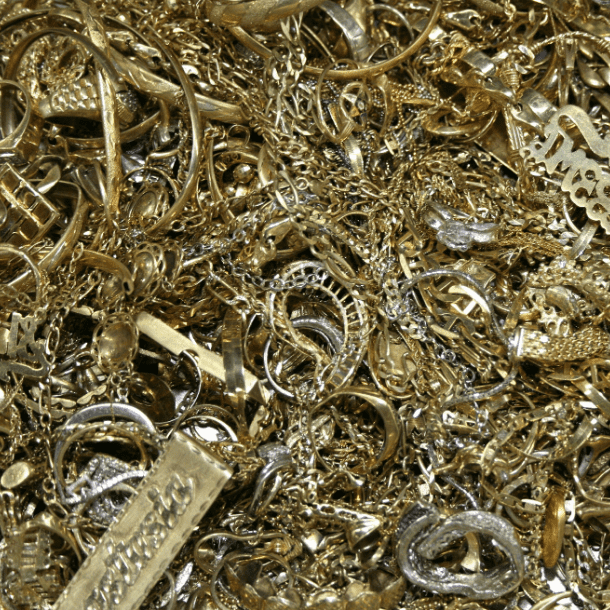
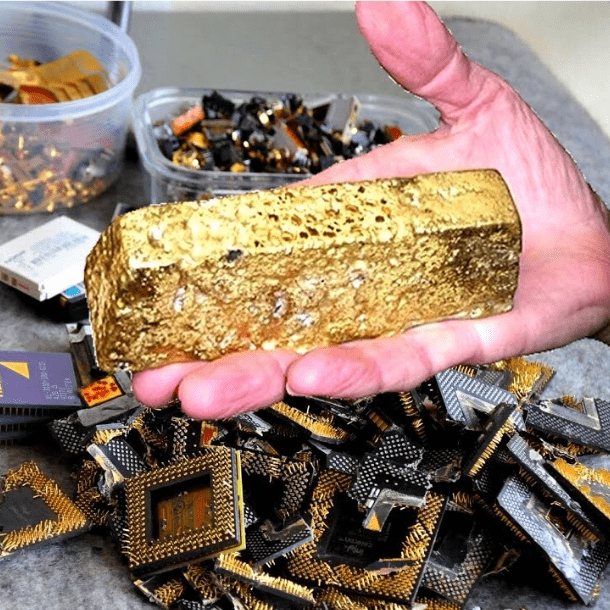
What is “ethical”?
In the case of gold, it’s an honest way to mine the metal – no conflict zones and no child labor. The big jewelry houses are no longer interested in buying bullion in banks and on the exchange; they want to work directly with miners and prefer not just to allocate money to feed the children of Africa, but to finance artels. The buyer, in turn, can trace the origin of the jewelry all the way back to the mine.
Today, there are two “ethical” gold certification systems that experts believe can be trusted: Fair mined and Fairtrade. Not only do they accustom the gold mining industry to humane and environmentally friendly standards of operation, the absence of mercury and other toxic chemicals, but they also manage minimum prices to ensure miners are not exploited. Fairmined gold costs $4,000 a kilogram; Fairtrade pays another $2,000 extra. But there are still few “ethically certified” mines, so the amount of ethically produced gold is small. Chopard is one of the few companies that invest their own money into the development of such mines, since they believe this to be a promising area of jewelry business on a global scale.
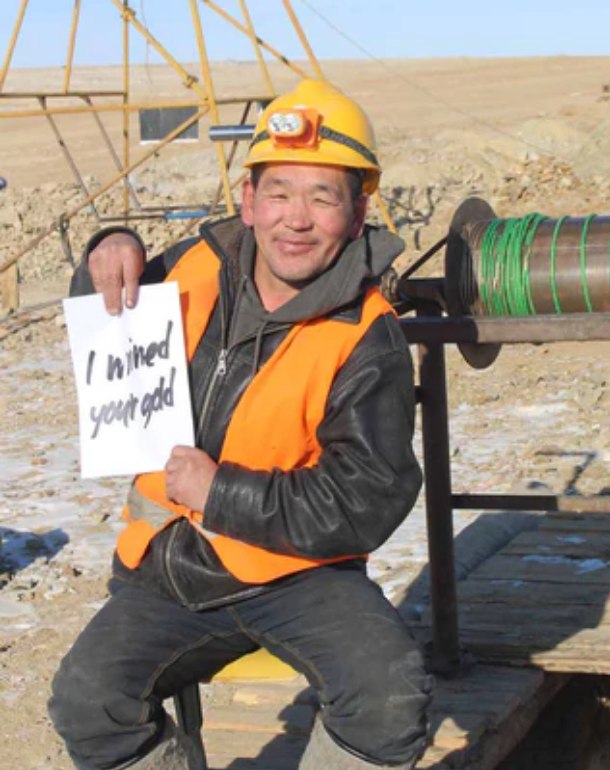
The role the metal plays in the global economy is likely to remain the same in any scenario. Gold is valuable precisely because it is scarce. Ending mining won’t stop the buying and selling process for bank vaults, but instead will make existing reserves more valuable.
Want to Know More?
At Cultive, we are passionate about ethical diamonds, and we are dedicated to providing exceptional value and service to our customers.